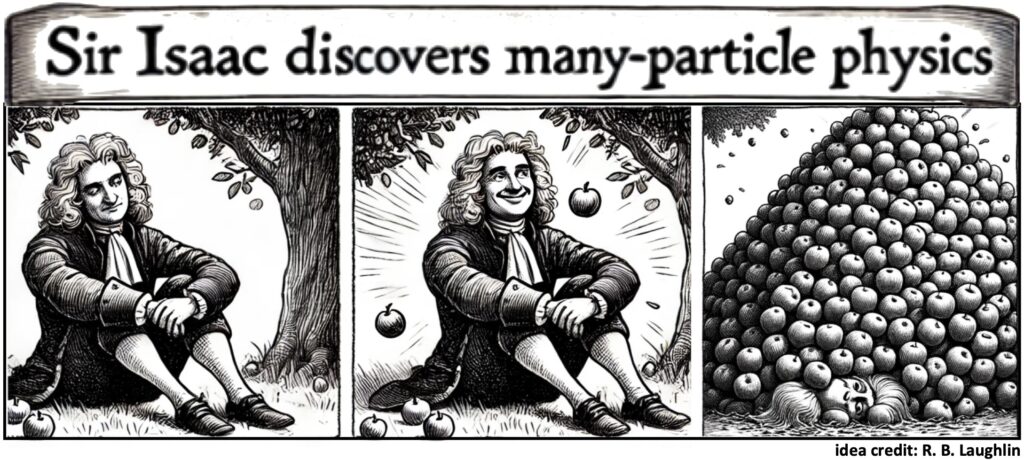One of the most significant challenges in modern physics is understanding the behavior of a large number of strongly interacting particles. At first glance, this may seem like an impossible task. However, it has been shown that many practically important material properties—such as resistivity, elasticity, heat capacity, and others—can often be successfully described by assuming that the excitations in the system behave as an ideal gas of non-interacting ‘quasiparticles.’ This concept forms the foundation of the Landau framework in condensed matter physics, which underlies many of its major successes, including the band theory of semiconductors, superconductivity, and more.
However, there is a large class of materials that seemingly defy this description. Known collectively as Strongly Correlated Systems, these materials often exhibit unique properties such as high-temperature superconductivity and colossal magnetoresistance. The precise origins of these behaviors remain unclear, limiting our ability to control and enhance these phenomena. A unifying characteristic of these systems is the breakdown of the simple non-interacting mean-field approach. Our research aims to develop techniques that go beyond the standard linear response framework and are better suited for probing strongly correlated systems.
Here are some of the representative current ongoing experiments:
Understanding unconventional semiconductors through time-resolved nonlinear spectroscopy
Non-perturbative light sensing via Quantum Tunneling
Multi-dimensional THz-spectroscopies of correlated systems
Fundamental limits on transport phenomena in quantum systems

